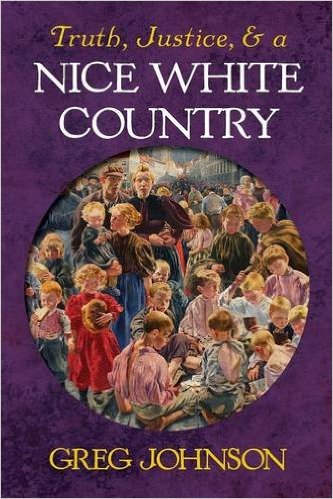Comment on White genocide/White dispossession
I am aware of the troubling issues surrounding the ongoing White dispossession in the USA and EU. I also understand Bob Whitaker’s concern about my/AFP suggestion to drop the expression “White genocide” and replace it with “White dispossession” instead. I am also saddened at Mr. Whitaker’s disapproval with our current support of Donald Trump’s campaign.
I did indicate to HuffPo that the expression “White genocide” sounds too strong. This is because for many people ‘genocide’ connotes an organized campaign of murder rather than the gradual replacement and disempowerment which is actually occurring. It is unquestionably true that the current process will indeed result in White genocide in the long run as Whites become an ever decreasing percentage of the population. This genocidal process is being facilitated by the fact that Whites are persecuted if they publicize any sense of White identity and interests. It is also true that miscegenation rates have risen in recent decades, and these trends will likely increase in the future if current trends continue and as Whites become an embattled, hated minority. This is genocide by any reasonable definition.
The prospect of White genocide is staring us in the face and motivates our actions, and this vision also motivates our enemies for whom a dwindling, disempowered White population holds infinite appeal. But as a political party, we have to sell our ideas to the public, and this is a non-starter for most people. They look around and see White politicians with great power (e.g., all of the current presidential candidates and very large majorities in both Houses of Congress), and they see that there are many Whites among corporate and professional leaders. Whites are still very much part of the establishment. We don’t see White people being marched off to concentration camps. Read more









